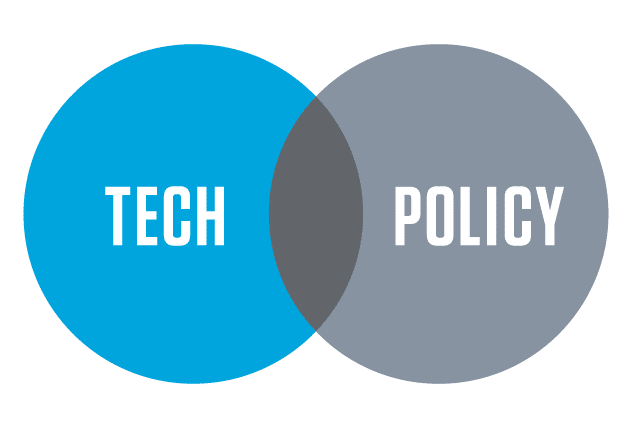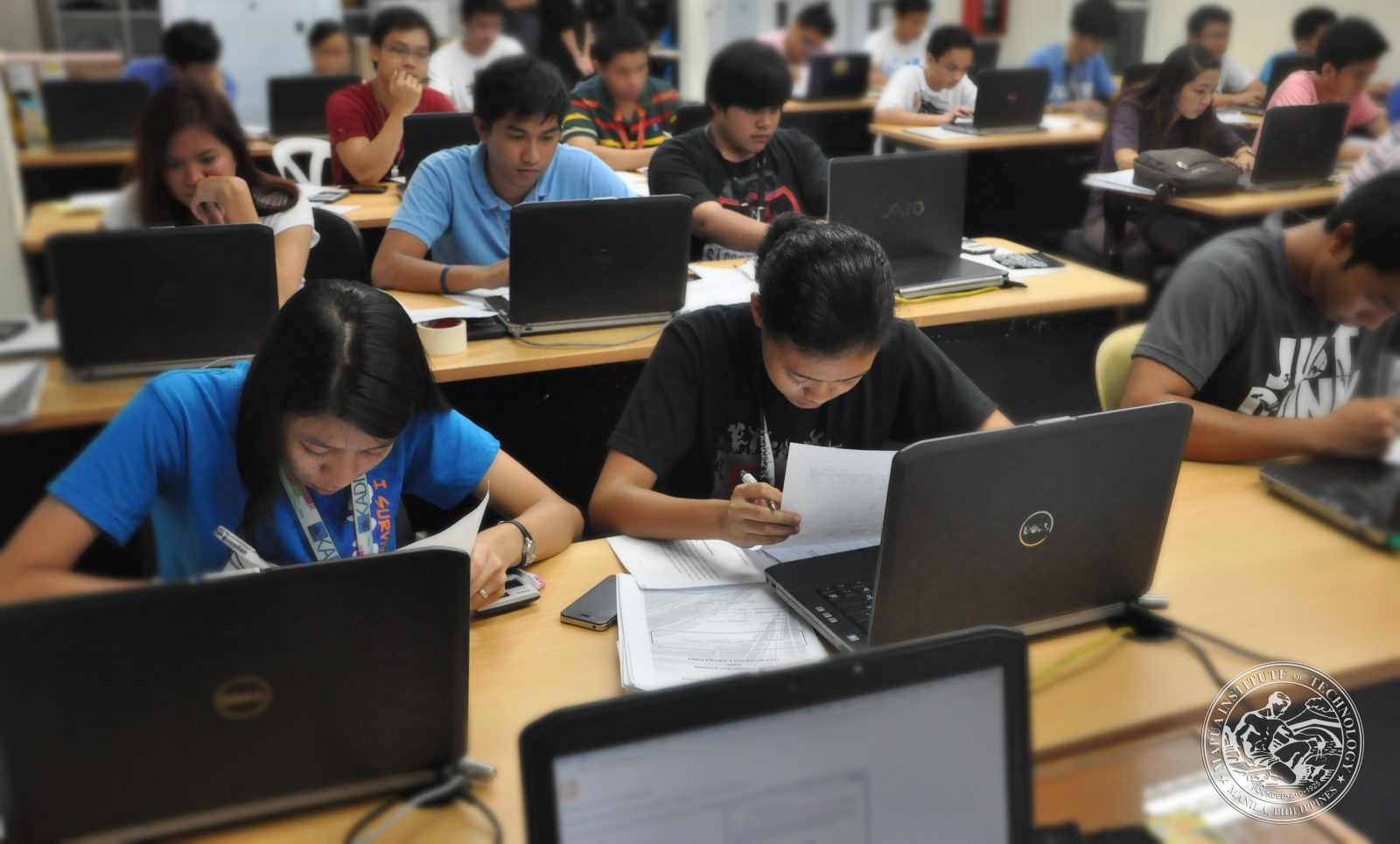This article originally appeared in PNA.
Currently, the Philippine government is being urged to transform digitally. They can create a “school for the future” which aims to create a society that is future oriented and to increase a part of the public sector into being more technologically savvy.
International Conference on Public Sector Productivity
In the International Conference on Public Sector Productivity, Albay Representative Joey Salceda discussed the need for a “digital transformation officer” in government departments. This officer will aid the agencies into converting themselves towards being more digitized for efficiency.
“Revolutionizing every facet of business and government requires re-education of the bureaucracy and regulatory changes in view of the technological changes, the international dimension of the work, and cyber threats,” he said.
Emerging Technology

Blockchain has started affecting the workplace and creating revolutionary change in record keeping. Its data is immutable and decentralized which means it cannot be changed or edited due to the high computing power it uses.
Meanwhile, artificial intelligence has gone and done activities that people find to be wasting time as it is repetitive. The people have more time to do more productive activities.
Technology vs. Country Laws.
A major problem with all these up and coming technologies is that they usually fall within a blurry line with our country laws. Let’s take for an example cryptocurrency. The use of it is growing but it isn’t legal tender. There needs to be policies done by the country like the Circular Order 944, so that these can be regulated in the Philippines.
At the same time, Rep. Salceda also acknowledged that with the mass of change that comes in technology, it moves way faster than the government has time to fully adapt. With this, he proposed for policy makers to have a template for these technologies so they can grow in the country without worrying.
Policy Making

- Pre-regulatory Stage – What do we currently have?
- Testing and Evaluation – When is it time to regulate?
- Regulatory Approach – How will the regulation be done?
- Revisit – What has changed and has anything improved?
A great example of this regulatory sandbox approach is Bangko Sentral ng Pilipinas (BSP) which actually makes use of this every time there is new technology in the financial market. This included the rise of e-money services and right now with cryptopcurrencies.
The BSP have the following “cycles” which is the following:
- Give the opportunity for the market to develop
- Continue with flexibility yet being careful
- Understand the current operating/business model
- Adapt with an appropriate regulatory approach
- Closely monitor the developments and related issues
Future of Digital Transformation in the Philippines
It is good to note that the country is taking steps towards moving forward. With these plans being set in motion, we can think of a more efficient and effective system in the country. This may lead to a lot of revolutions in the country like the lessening of bribery in agencies. It can also put Philippines on the forefront of technology from digital marketing to digital working opportunities. E-commerce also has so much potential so the benefits are endless.
This can also be part of lessening use of connections when running documents as it may be done online. We should take part in the movement so that the government may truly see the need for it and push for it’s immediate implementation.


